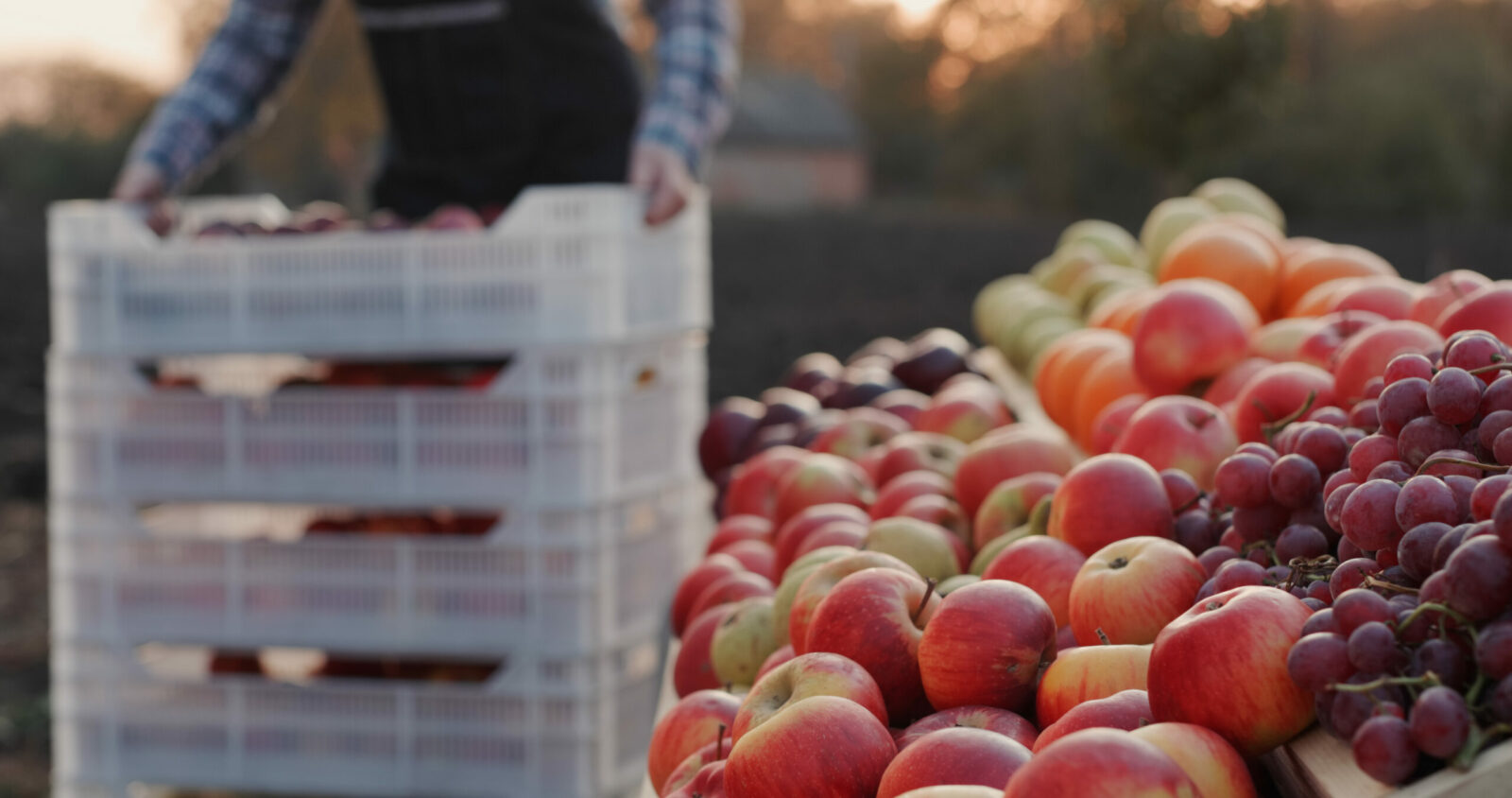ITENE develops test protocols for the optimisation of packaging systems for the transport of fruit and vegetables and batteries for electric and hybrid vehicles
In the EUROPE-BAT-TRANS project, financed by IVACE+i with Feder funds, the technology centre has monitored the mechanical and climatic risks in land export routes of several companies in Europe to achieve a packaging system that guarantees the safety of the products.

The ITENE research centre has developed test protocols for the optimisation of packaging systems for fruit and vegetable transport and rechargeable batteries for electric and hybrid vehicles in order to guarantee their safety during distribution.
These advances have been achieved in the framework of the EUROPE-BAT-TRANS project, financed by IVACE+i with Feder funds and executed by ITENE between June 2023 and June 2024. Specifically, the objective has been to obtain transport simulation test protocols that allow validating the packaging used in the fruit and vegetable sector and the distribution of batteries. In order to achieve a packaging system that guarantees product safety, the technology centre has monitored the mechanical and climatic risks of land export routes of several companies in Europe. Thus, a representative database has been generated for the definition of protocols associated with the European routes studied and the validation of the packaging system developed.
Patricia Navarro, responsible for the project in ITENE, explained that “having these protocols allows ensuring that the products are delivered in optimal conditions at their destination and, thus, preserving their quality and reducing losses”.
Through EUROPE-BAT-TRANS, this centre has focused, firstly, on monitoring the mechanical and climatic risks of European distribution routes, for which it has used its own measuring device, data recorder, and a commercial one, data logger, respectively. In terms of mechanical risks, vertical accelerations and angular speeds (pitching and rolling) were recorded, the latter occurring when a lorry takes a curve, due to their influence on the impact on the goods. Meanwhile, with regard to climatic risks, temperature and relative humidity were studied.
Once the different European road routes were monitored, the recorded data were transferred to the Transport Simulation Centre at ITENE’s facilities in order to reproduce the effect of these variables on the loads. Subsequently, the research focused on the development of efficient protocols to reproduce the risks identified in the route in the shortest possible time in the laboratory equipment and, thus, minimise the amount of material, the costs and the associated environmental impact, reducing overpacking. Finally, with the data obtained, the packaging systems were optimised for the two cases of study, the fruit and vegetable sector and batteries, validating the new developments, subjecting them to the test protocols developed in the transport simulation laboratory.
In the case of the fruit and vegetable sector, based on the data characteristic of road distribution routes in Europe, an optimised fruit and vegetable box specification was validated in order to study its suitability to withstand the risks characteristic of road distribution in Europe and therefore protect the product with the minimum amount of packaging material necessary.
In the lithium battery sector, a packaging system was designed based on the protection requirements, derived from the product and data monitored on European road routes during the course of the project, in order to validate the new packaging design and ensure the safety and protection of the battery during transport.


